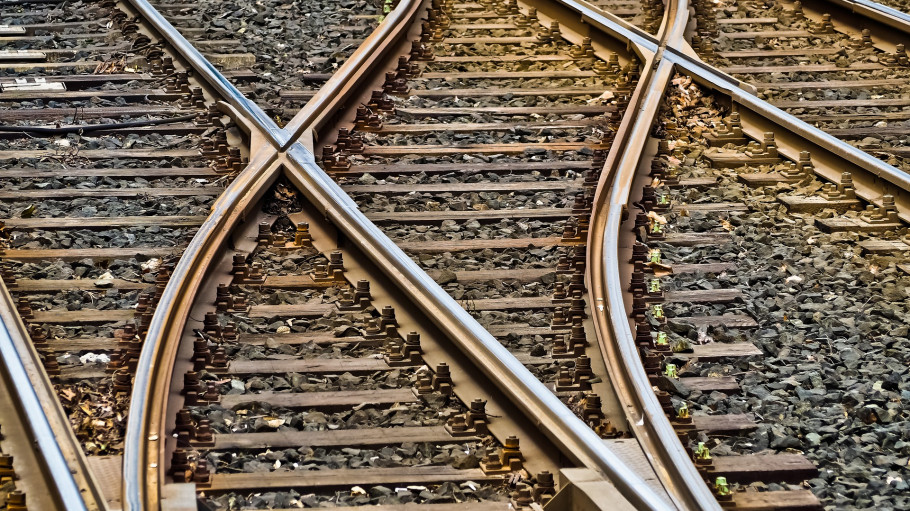
Issues » Transport policy
Transport
Downloads and links
Recent content

The European steel industry produces large, heavy items that are often extremely bulky. A single coil of steel can weigh 20 tonnes, and long or outsized steel products can pose a significant transport challenge, requiring specialist logistics.
The complexities of the steel industry's transport needs mean that close attention is paid to EU transport policies. EU initiatives or regulatory requirements can have a huge impact on the transport of steel.
Road transport is a vital means for the transport of steel, especially as production facilities and steel-users are not always connected by rail or waterway links. Road's flexibility, particularly for the 'last mile' trips, is a useful tool in steel transport manager's portfolio.
Ensuring the consistency of EU rules on the environmental performance of road freight or the rights and obligations of drivers, and so on, is part of the reason files such as the European Commission's Mobility Package are so important to the European steel sector.
The steel industry, as a shipper of heavy goods, has a historically extensive relationship with rail. Due to their major role in European steel's logistics, developments in this sector - legislative changes, such as the EU's Railway Package - are closely monitored by EUROFER and its members. This includes discussing structural capacity in the sector, infrastructure, and single wagon services.
Inland waterway transport plays an important role in the transport of goods in Europe, and can be a competitive alternative to road and rail transport. However, challenges such as like ageing infrastructure, skills shortages, capacity limitations, and air and water pollution are all areas in which EU-wide practical solutions need to be found.
Maritime transport remains one of the key areas for EUROFER. Europe’s ports are vital gateways, linking its transport corridors to the rest of the world. For the steel industry, they are key to its sustainability insofar as raw material supply and shipments to overseas are basic elements of its business operations. Increased investment, enhanced efficiency of port operations, high-quality services and the improved governance of European ports are vital. Dockside services (cargo operations in ports) are another important dimension that plays a major part in the overall cost structure of sea freight for shippers.
EUROFER's Annual Report 2023 looks back at the work of the Association and the performance of the European steel industry over the past year, and looks forward to the challenges ahead.
EUROFER's Annual Report 2022 looks back at the work of the Association and the performance of the European steel industry over the past year, and looks forward to the challenges ahead.
EUROFER's Annual Report 2021 looks back at the work of the Association and the performance of the European steel industry over the past year.